Last updated on 24th February 2025 by Sarah Sarsby
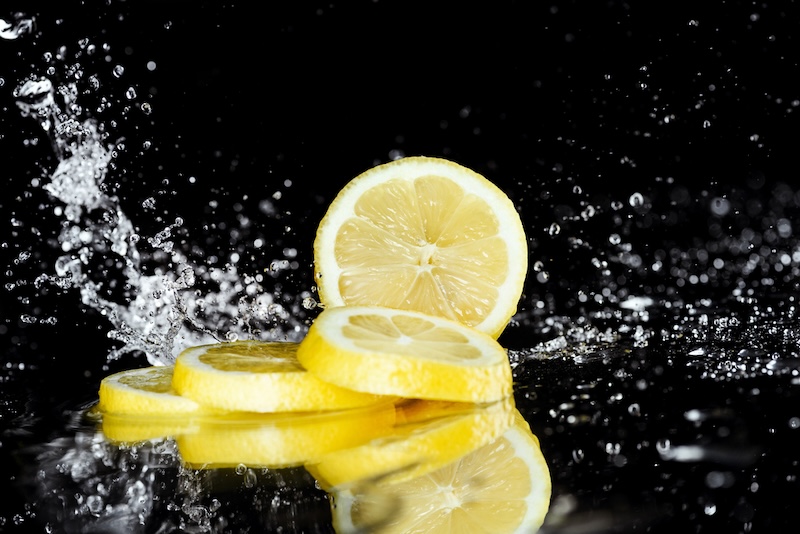
Electrolytes play several important roles in the body, including supporting energy production, muscle contraction, and hydration.
While electrolyte supplements have become a new trend encouraged by media influencers of all kinds, where you get them matters.
You can get electrolytes through several natural sources that can help boost exercise endurance and performance without having to take a costly synthetic powder.
Disclaimer: This is a paid content placement
*This post contains some affiliate links. This means, at no extra cost to you, I earn some commission if you purchase a product through my link. All thoughts are my own, though, as always. If you want to find out more, visit my affiliate disclosure page*
The benefits of natural electrolytes
Getting your nutrition through natural sources will always be the preferred method, and that includes electrolytes.
Why natural sources are preferable
Many electrolyte supplements use synthetic or “artificial” electrolytes which are man-made to mimic these natural compounds. They have been shown to perform similarly in the body; however, natural electrolytes are believed to have better absorption and bioavailability because of the other nutrients present with them. Meaning your body can better utilise them.
Natural sources of electrolytes can be found in several foods, particularly fruits and vegetables. Not only are these less costly than a powdered electrolyte supplement, but they are also highly nutritious and provide a mixture of several essential vitamins, minerals, and antioxidants.
While some supplements can have these included, research is limited on whether or not supplemental vitamins and minerals provide the same benefits in the body as those from food sources [1].
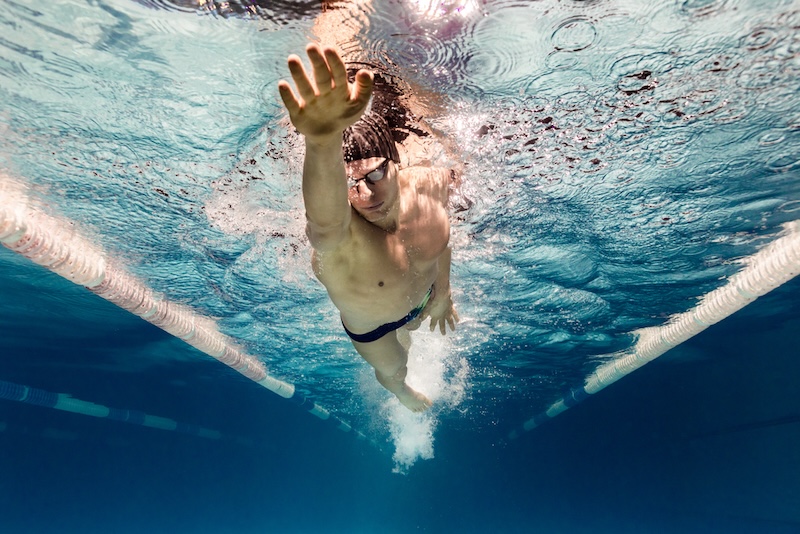
How natural electrolytes support overall health and performance
Hydration plays a very important role in exercise performance, recovery, and injury prevention. While you can get this from synthetic electrolyte supplements, natural sources include additional nutrients that provide further benefits in these areas along with overall health and well-being [2].
Your main electrolytes are sodium, potassium, magnesium, and calcium. Incorporating more foods rich in these minerals can help you naturally replete your electrolyte levels during and after heavy exercise.
Top natural sources of sodium
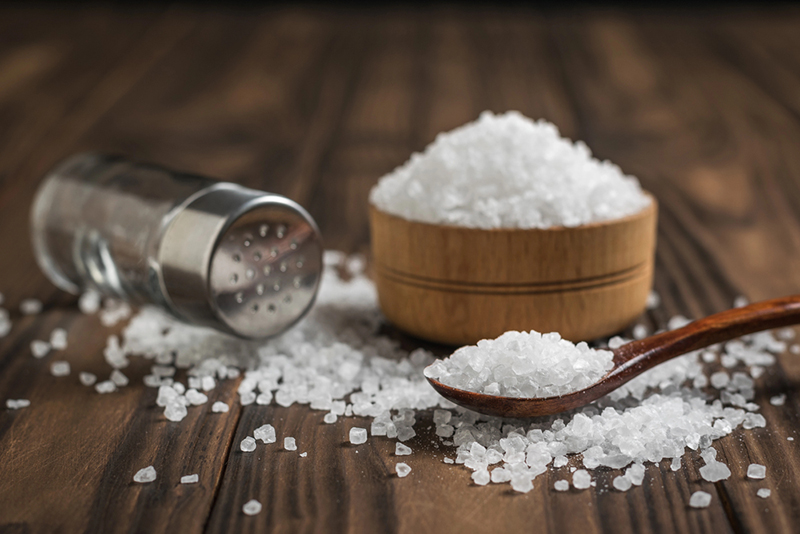
Sodium-rich foods
Sodium is one of the most well-known electrolytes. While you can get it from adding sea salt to your food or water, you can also get natural sources of sodium from foods such as celery, beetroot, eggs, and dairy products such as milk, yoghurt, or cheese.
How sodium supports muscle function and hydration
Sodium and potassium are required for the process of muscle contraction. If you don’t get enough of these electrolytes, you may experience weakness or cramping. Sodium helps the muscles to relax and contract. It also supports hydration by maintaining water balance inside and outside your cells [3].
Top natural sources of potassium
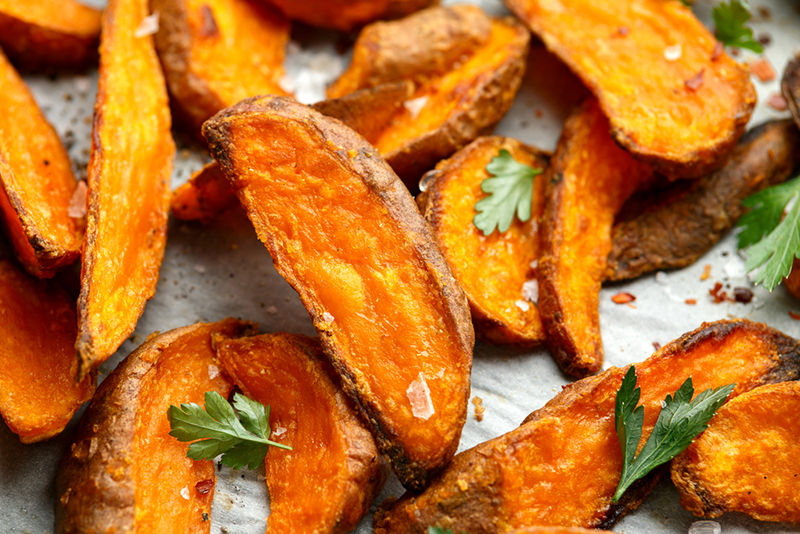
Potassium-rich foods
When most people think of potassium, they likely think of bananas, but potassium can be found in many fruits and vegetables. Ones that contain the richest sources of potassium include beetroot, swiss chard, butter beans, potatoes, and acorn squash [4].
How potassium aids in muscle contraction and recovery
As mentioned above, both sodium and potassium are essential for muscle contraction. However, they work in different ways. While sodium helps the muscles relax and contract, potassium aids in signalling the muscles for contraction. It also helps to transport glucose, your main fuel source, into muscle cells and replenish glycogen stores (stored glucose) to aid in post-exercise recovery [5].
Top natural sources of magnesium and calcium
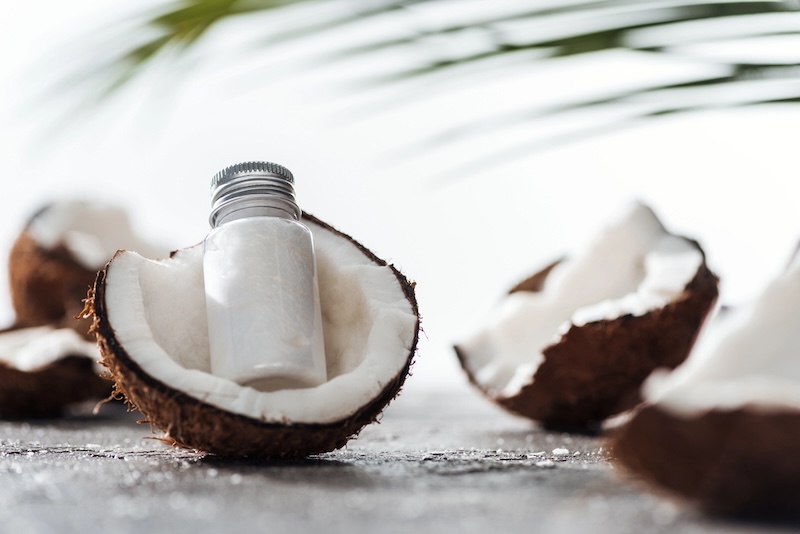
While sodium and potassium play very important roles in exercise performance and recovery, we can’t forget about the other essential electrolytes such as magnesium.
Magnesium aids in muscle contraction and plays an important role in post-exercise delayed onset muscle soreness (DOMS) by protecting against exercise-induced muscle damage. It also acts as a natural calcium blocker, as the two compete for the same receptors. Calcium helps muscles to contract while magnesium helps them to relax [6, 7, 8].
Magnesium-rich foods
You can find good sources of magnesium in various foods including nuts and seeds, particularly pumpkin seeds, chia seeds, and almonds, as well as leafy greens such as spinach.
Calcium-rich foods
Calcium-rich foods encompass your dairy products, such as cheese, milk, and yoghurt, as well as fortified plant milks and orange juice, leafy greens, and sardines.
Bottom line
It’s essential to replete your electrolytes after a heavy exercise session; however, you should be mindful of how you get them. You can get electrolytes from many natural sources such as fruits, vegetables, nuts, and seeds.
You can also get them from electrolyte supplements but these can come from natural sources such as those mentioned above or synthetic, man-made sources. If you choose to take a supplement, you can check out these grape electrolytes powder packets from Naked Nutrition.
Natural sources of electrolytes will have the most nutritional benefit and are encouraged whether you take a supplement or a food or beverage.


very helpful thanks for sharing
This is really interesting. I had absolutely no idea which foods contained what when it comes to replacing electrolytes, so thanks for the informative post!